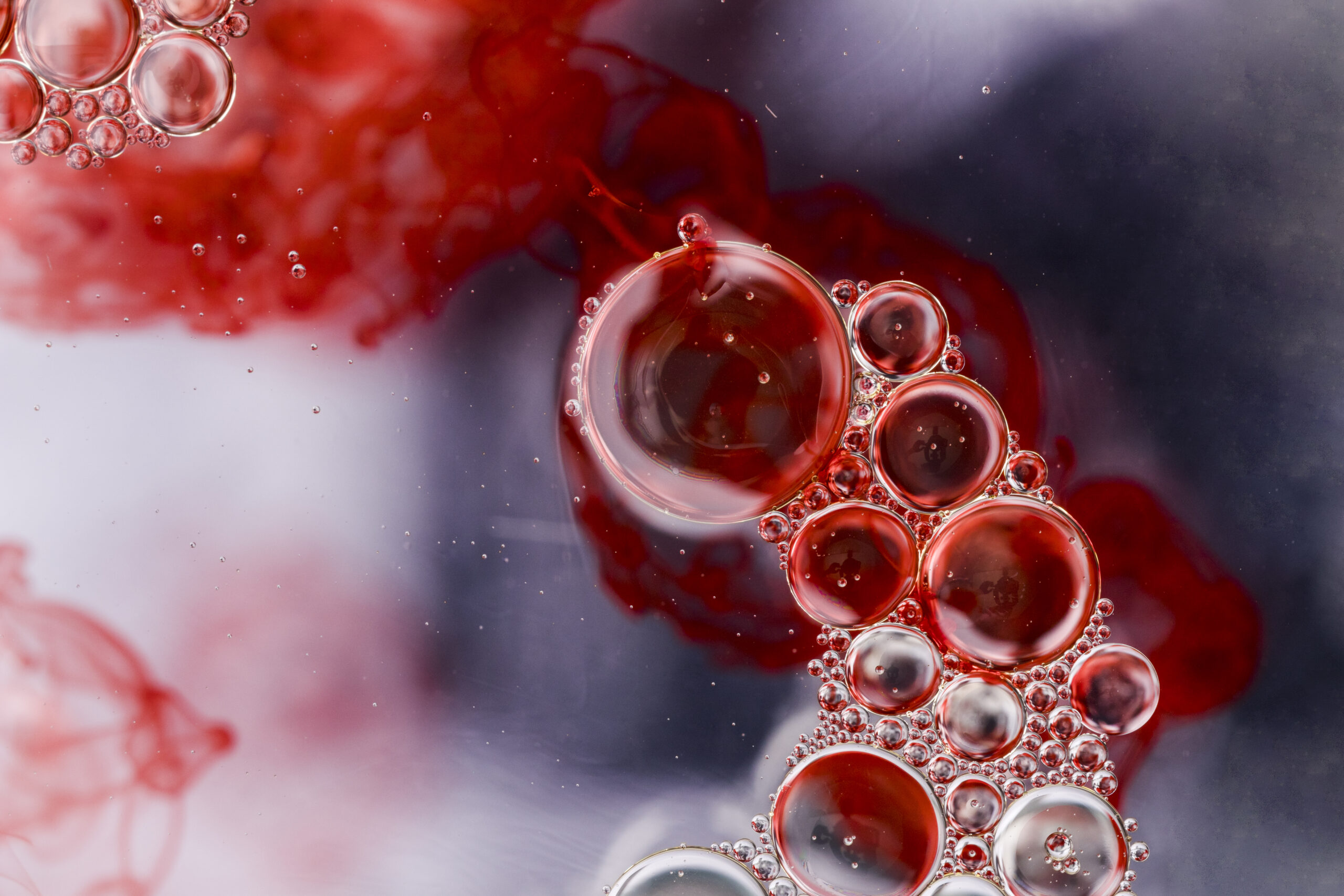The Crucial Connection: Red Blood Cells, Hemoglobin, and Cognitive Development

Red Blood Cells and Hemoglobin and Cognitive Development
In the intricately woven tapestry of human health, red blood cells and hemoglobin play a vital role that extends beyond their well-known function of oxygen transport. These microscopic heroes not only ensure efficient oxygen delivery to our tissues but also have a significant impact on cognitive development in children and the proper functioning of our blood vessels. In this article, we shed light on the importance of red blood cells and hemoglobin in these areas, highlighting their crucial role in maintaining overall well-being.
1. Oxygen Transport and Red Blood Cells:
Red blood cells, with their unique structure and high concentration of hemoglobin, are responsible for the efficient transport of oxygen throughout the body. Hemoglobin, a protein within red blood cells, binds to oxygen in the lungs and releases it to the tissues, ensuring the delivery of this life-sustaining gas. Without an adequate number of healthy red blood cells and optimal hemoglobin levels, oxygen supply to various organs and tissues can be compromised, leading to fatigue, weakness, and decreased cognitive function.
2. Cognitive Development in Children:
Sufficient oxygen supply is crucial for the developing brain of children. During periods of rapid growth and neurodevelopment, such as infancy and early childhood, the brain requires an abundant oxygen supply to support the intricate processes involved in cognitive development. Red blood cells and hemoglobin play a pivotal role in meeting these oxygen demands, facilitating optimal brain function and promoting cognitive abilities such as learning, memory, and attention. Maintaining healthy red blood cell counts and hemoglobin levels during early life stages is essential for nurturing cognitive development and ensuring a promising future for children.
3. Blood Vessel Health and Function:
Beyond oxygen transport, red blood cells and hemoglobin impact the normal function of blood vessels. Hemoglobin’s iron component plays a crucial role in regulating vascular tone and maintaining blood vessel health. Proper vascular tone ensures efficient blood flow, allowing nutrients and oxygen to reach tissues while removing waste products. In conditions where hemoglobin levels are low or red blood cells are impaired, such as anemia, blood vessels may be negatively affected, leading to compromised blood flow, impaired tissue function, and increased risk of cardiovascular complications.
The significance of red blood cells and hemoglobin extends far beyond their role in oxygen transport. They are key players in cognitive development, ensuring the brain receives an adequate supply of oxygen during critical growth phases. Moreover, they contribute to the normal function and health of blood vessels, maintaining optimal blood flow throughout the body. Understanding the multifaceted impact of red blood cells and hemoglobin underscores the importance of maintaining their health and optimizing their function for overall well-being.
At Mevian, we recognize the critical role of red blood cells and hemoglobin in promoting cognitive development and preserving blood vessel health. Through our comprehensive range of healthcare solutions, we strive to support and optimize these important aspects of human health, empowering individuals to reach their full potential.
(Note: This article provides a brief overview of the subject and does not substitute medical advice. If you suspect you may have anemia or require more information, consult with a healthcare professional.)



